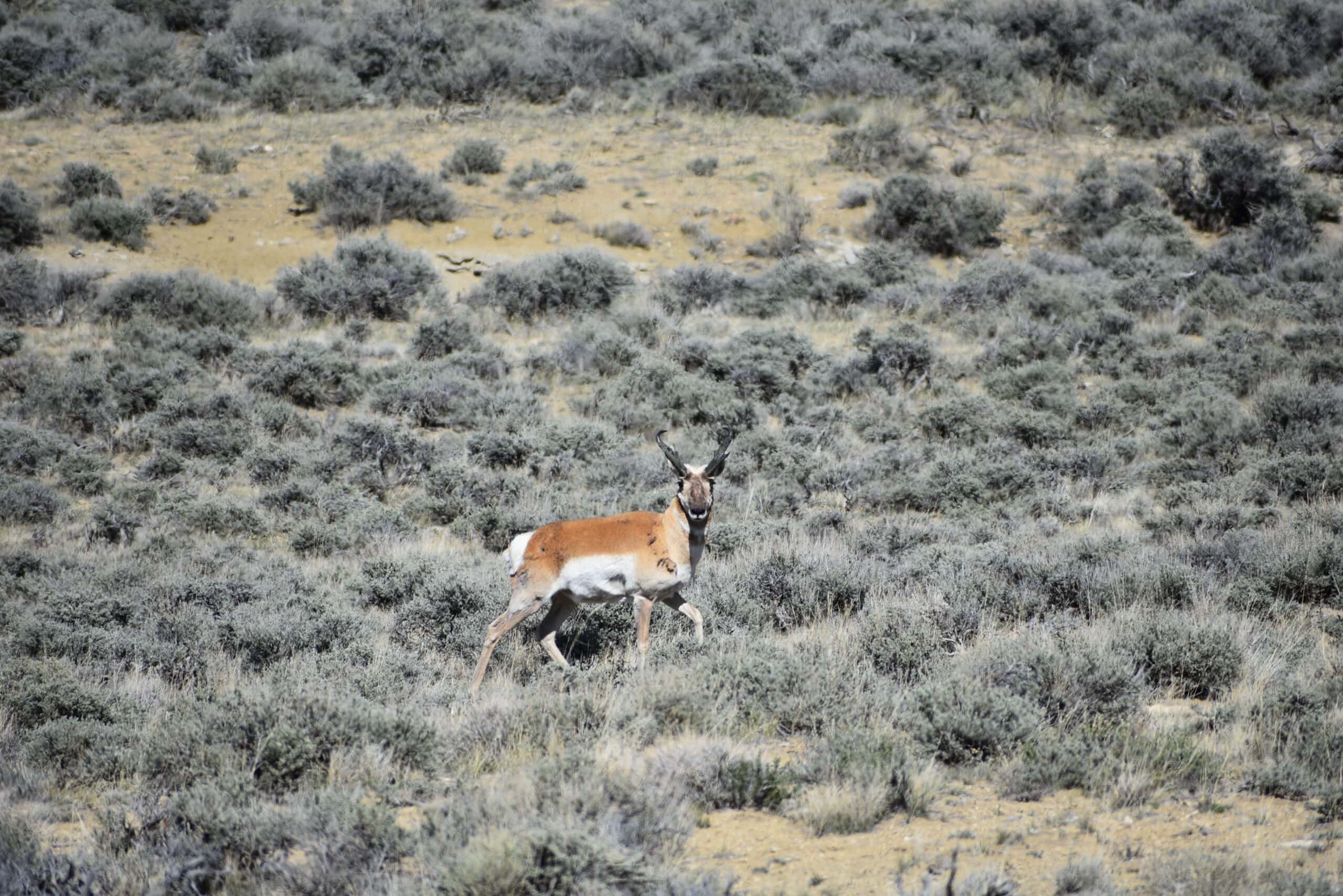Share this article
TWS shows support for Climate Adaptation Science Centers
On Jun. 26, TWS joined 45 other organizations and scientists in sending a letter to the House and Senate Appropriations Subcommittees on Interior, Environment and Related Agencies stressing the need and importance of strong fiscal year 2018 (FY18) funding for National and Regional Climate Adaptation Science Centers (CASCs) under the US Geological Survey budget.
This program, formerly known as the National Climate Change and Wildlife Science Center at the national level and Department of the Interior Climate Science Centers at the regional level, was formed to research and address the challenges that natural resource professionals face when managing the nation’s fish and wildlife resources against the backdrop of a changing climate. The Regional CASCs do this by partnering with universities, natural resource agencies, and NGOs within their geographic region to determine, conduct, and convey actionable research that will be of use to these partners.
The President’s budget request calls for a 34 percent decrease in funding for the program and the closure of four of the eight regional centers. Budget cuts of this size could not only impact the research output at CASCs, but could also impact the ability of CASCs to teach the next generation of fish and wildlife professionals. Regional CASCs are housed at host universities and often partner with additional universities in their region. This funding has provided multiple research opportunities for students studying wildlife sciences. In 2015 alone, CASCs provided over $10 million dollars in funding to public universities, supporting over 50 research projects.
The letter requests that Congress maintains the FY17 enacted levels of $26.4 million in the FY18 budget. The letter describes the leadership and coordination provided by CASCs to develop climate-resilient management strategies. As the National Climate Assessment has reported an increase in climate-related disasters and economic disruptions, the letter communicates the need for the centers to conduct research in each region and at the national level. This research translates into tools that aid wildlife and land management professionals in addressing concerns regarding wildlife, fish, and other natural resources.
In addition to The Wildlife Society, the Maine and the Minnesota Chapters of The Wildlife Society also signed on in support of adequate funding. Several other national organizations also pledged their support alongside TWS, including National Wildlife Federation and Union of Concerned Scientists.
Read TWS’ Position Statement on Global Climate Change and Wildlife.
Header Image: ©USFS








